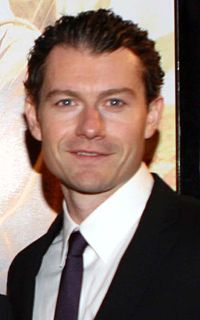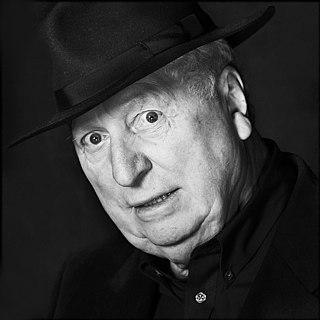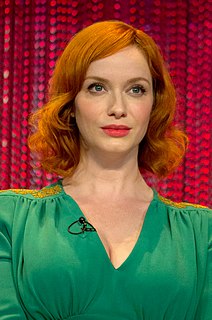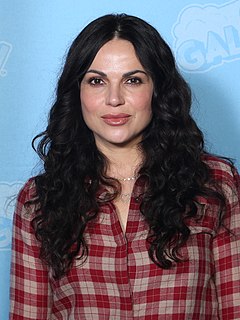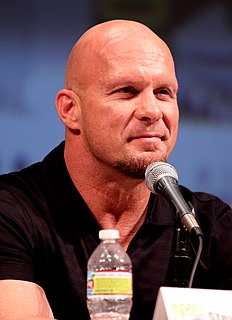A Quote by James L. Brooks
Related Quotes
As we were negotiating, I didn't have a script. Once the deal is closed, they let you read the script. So, I got the script and was reading it like, "Oh, please be good!," because I'd already signed on the dotted line. And I read it and just went, "Okay, I'm going to be okay. Thank god!" It was a really funny, moving story.
All modesty aside, I think I'm good at reading scripts. The way I read a script is as fast as I can, all in one sitting, and I don't read many of the stage directions. I only read enough stage directions to let me know where I am, because they're always so verbose and mostly horseshit. So I only read the dialogue, which allows me to see the movie in my mind's eye in real time.
It takes a very long time to read a script. I'll look at a script, but there are so many scripts. I remember once being at the dentist, and the guy was doing my teeth and telling me about the screenplay he'd written and he said, "Will you read it?" And I said "Oh...okay." And it turns out that it was about a dentist!
When you start out as an actor, you read a script thinking of it at its best. But that's not usually the case in general, and usually what you have to do is you have to read a script and think of it at its worst. You read it going, "OK, how bad could this be?" first and foremost. You cannot make a good film out of a bad script. You can make a bad film out of a good script, but you can't make a good film out of a bad script.
I had to audition for Fandango. When I read the script, the role that was interesting - so everyone thought - was the role that Costner played. He was the cool guy. And I read the script, and my representation at the time said, "That's the role you should read for." And I was like, "Really? How about I read for this other role." And they went, "Well, you're not going to get that role."

